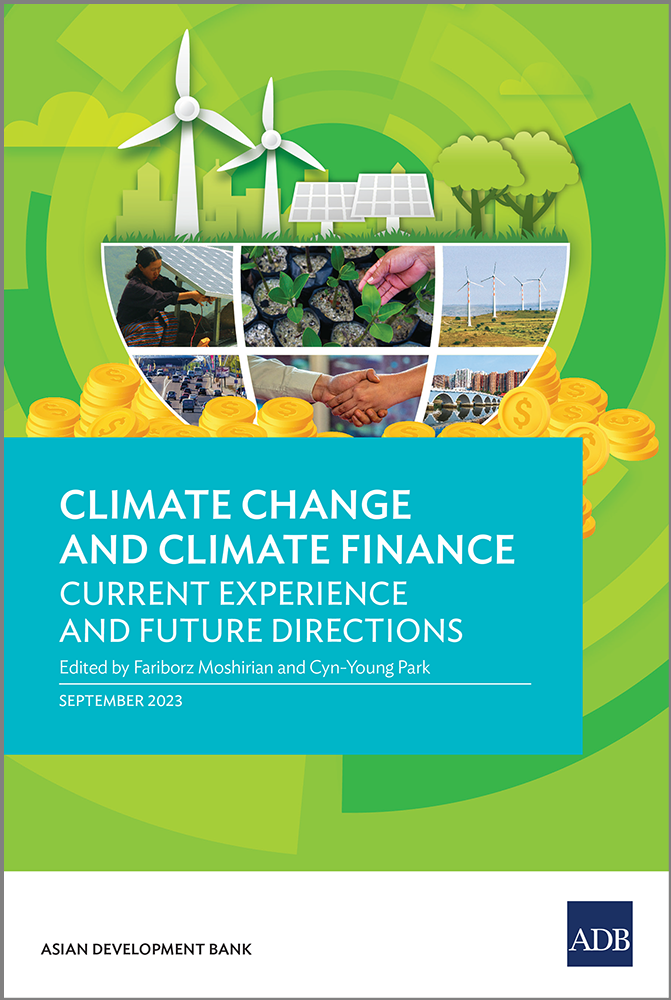Climate Change and Climate Finance: Current Experience and Future Directions
This book shows how companies can set up effective environmental, social, and governance frameworks and draft resilient strategies for sustainable activities and investment.
Worsening climate change risks have spurred calls for firms to do their part to shift to a carbon-neutral world economy—frequently under so-called environmental, social, and governance (ESG) frameworks.
Analyzing the role companies can play in tackling climate change, this book shows how they can set up effective ESG frameworks and draft resilient strategies for sustainable activities and investment. It assesses the issue of climate justice, considers the impact of “greenwashing,” and looks at ways investors can evaluate ESG considerations.
Contents
- Introduction
- Climate Justice
- Do Directors Have a Duty to Consider Social and Environmental Impact?
- Green or Green Image? Selective Disclosure of Corporate Suppliers
- The Economic Consequences of Corporate Social Irresponsibility and Policy Implications
- Climate Change: Policy, Innovation, and Proposals
- Managing Climate Change Risks: Sea Level Rise and Mergers and Acquisitions
- Environmental, Social, and Governance Performance and Downside and Upside Risks
- What Should Investors Do about Environmental, Social, and Governance?
- Sustainable Private Capital Markets
- Climate-Related Risks to Financial Stability and Greening Policies by Central Banks
- Central Banks and Climate Change
- Climate Risk Disclosure and Green Technology Innovation—A Survey
Published September 2023.
